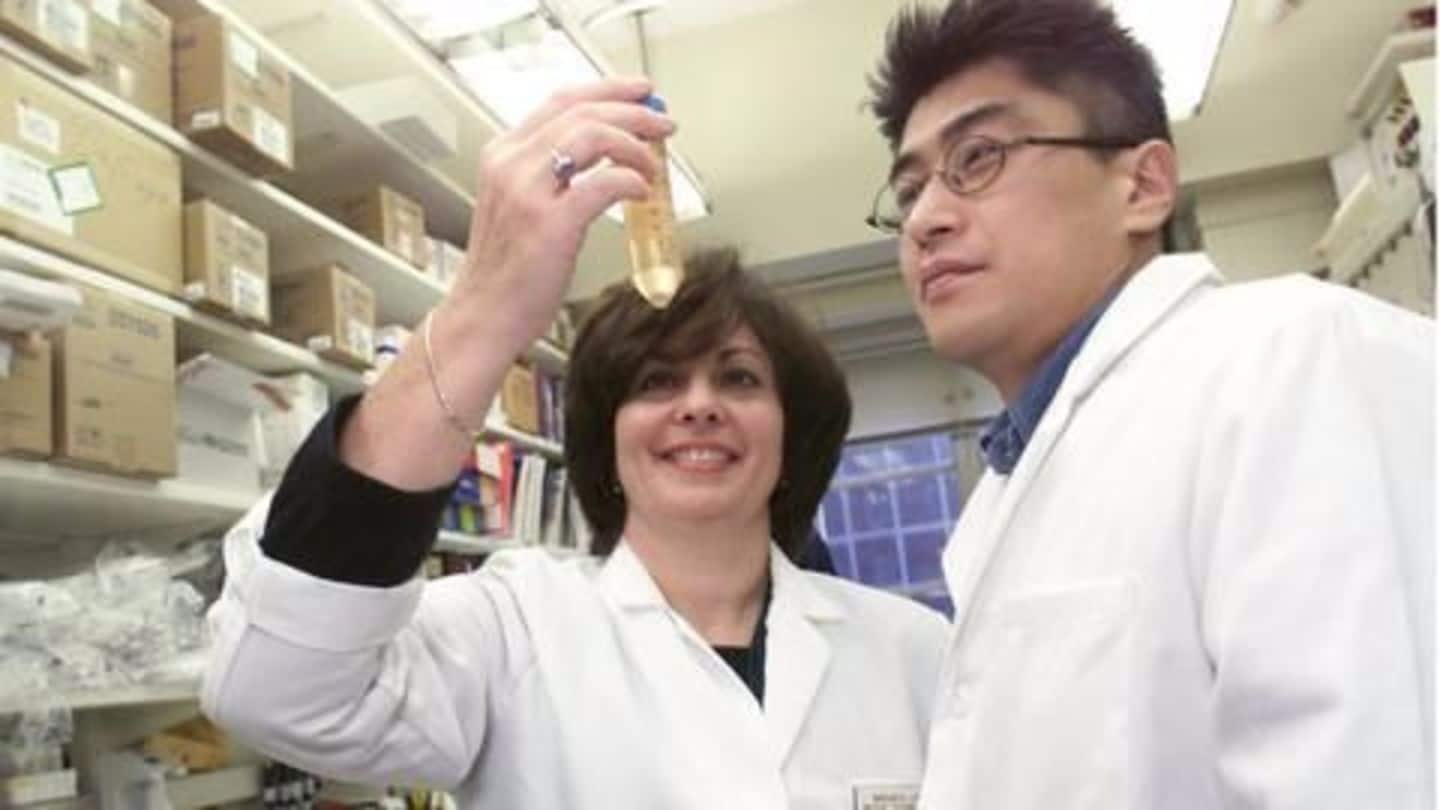
Scientists develop tanning drug that could prevent cancer
What's the story
Researchers at Massachusetts General Hospital have developed a drug that can mimic sunlight to trigger skin tanning.
It doesn't involve harmful UV radiation that causes damage.
The scientists hope the drug could prevent skin cancer and slow down the appearance of aging.
In tests conducted on mice and skin samples, the drug tricked the skin into producing melanin, the brown pigment.
Details
Drug activates real melanin production without UV light
Harmful UV radiation triggers a chain of chemical reactions in skin that leads to the production of melanin, the body's natural sun block.
When the drug is rubbed into the skin it also kick starts the production of melanin, skipping the damage.
One of the researchers, Dr. David Fisher, said the drug has a potent tanning effect in a UV-independent manner.
Innovation
Not motivated by making a new cosmetic, say researchers
Dr. Fisher said the lack of progress in preventing skin cancer, the most common form of cancer, is a "very significant frustration".
He said, "Our real goal is a novel strategy for protecting skin from UV radiation and cancer."
He added boosting melanin production is "huge"; tests showed the melanin activated by the drug was able to block harmful UV rays.
Information
Different approach to fake tan
The newly-created drug is a different approach to fake tan that only paints the skin without any protection from melanin. Even sun beds, which claim to boost melanin production, need UV light as they expose the skin to UV radiation or pills.
Sun-creams
Researchers to combine the drug with sun-cream
Dr. Fisher said people should "absolutely" use sun-creams but the only problem is they make the skin pale.
Hence, combining the drug with sun-creams will both provide maximum protection from harmful solar radiation and tan the skin.
The research team said they want to conduct more safety tests of the drug; however, there has been "no hint of problems" so far.
Quote
Slowing the signs of aging- Dr. Fisher's statement
"The obvious and most dramatic sign of aging is what skin looks like and even casual UV damage over the years causes damage. Medically it is very difficult to focus on, but if it is tremendously safe then it could keep skin healthier for longer."
New Approach
A novel approach to prevent skin cancer
British Association of Dermatologists' Matthew Gass said the study is a "novel approach" for preventing skin cancer.
He added skin cancer rates in the UK are going up and any research into preventing people from developing skin cancer should be welcomed.
However, he said a lot of research needs to be done before such drugs are used on human beings.